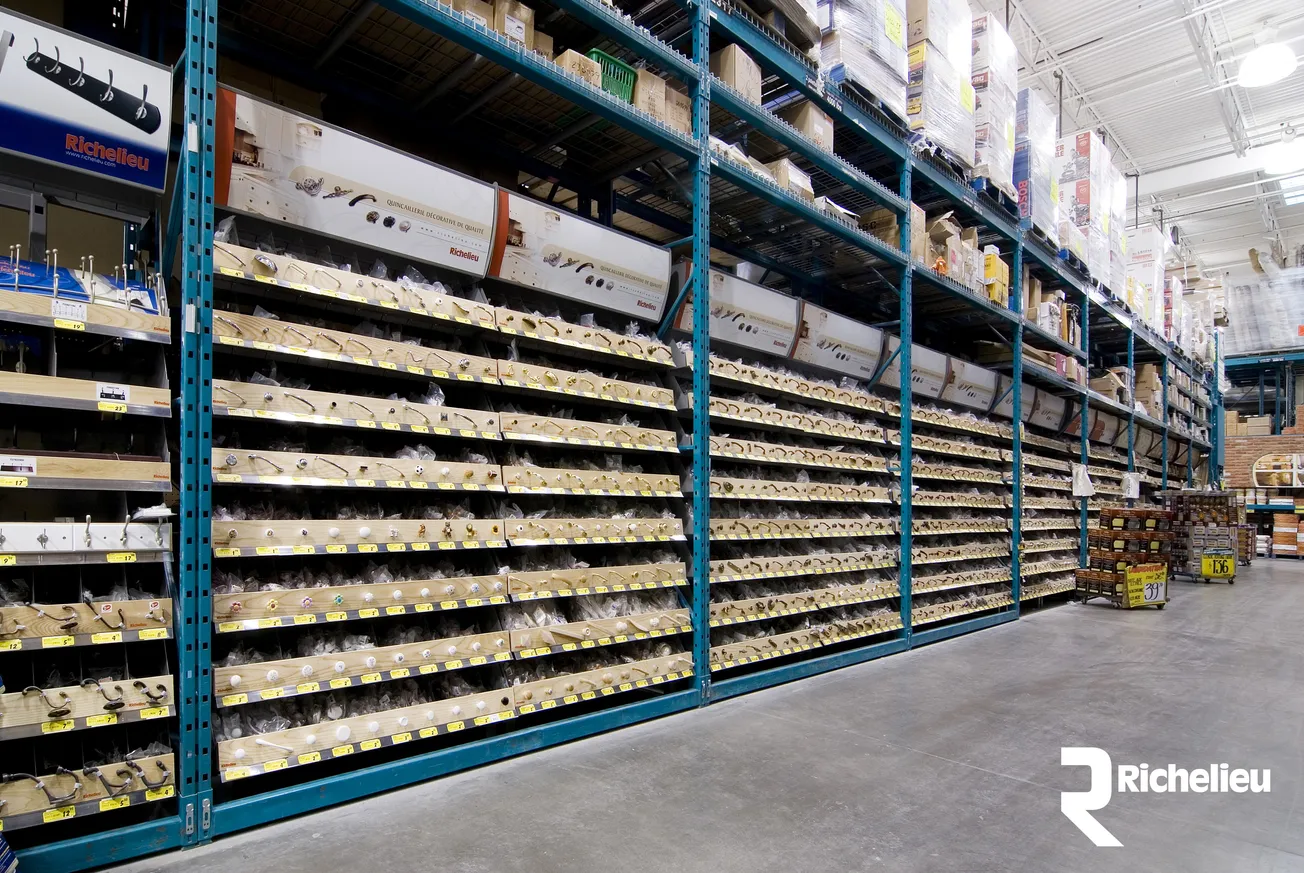Table of Contents
Ashley Furniture has a good handle on what’s hot and what trends will affect the furniture industry in the years  ahead. As director of materials development, Rick Bryson is up to the challenge of providing the most current finishes and technology to the process.
ahead. As director of materials development, Rick Bryson is up to the challenge of providing the most current finishes and technology to the process.
Ashley, after all, is the world’s biggest furniture manufacturer. It has eight manufacturing facilities in North America and four in Asia, and its furniture is sold at more than 800 Ashley Furniture HomeStores in 43 countries and more than 20,000 storefronts in 123 countries.
That’s a lot of furniture, and composite panels with decorative surfaces are key materials in much of it.
“It is important to specify the correct material for the right applications so we can meet customer expectations,” Bryson said in a recent interview with Surface & Panel. “Decorative surfaces, primarily laminates, have come a long way in the past decades. They offer high value and are seemingly gaining more customer acceptance.”
Ashley has used decorative laminates in its furniture for decades, Bryson noted, but he’s been impressed by advances in the materials.
“In recent years, our industry has seen technical advancements among registered textures that further bring a sense of realism and acceptance to the market,” he said.
Laminates offer high value at affordable cost, Bryson continued. “Composite panels are a critical component to our ability to produce large quantities of furniture at affordable prices. Plus, the use of wood byproducts makes a very sustainable material and can be produced in many regions across the U.S. and Canada.”
While Bryson anticipates some trend shifts, he doesn’t foresee big changes in materials.
“For the residential furniture industry, we don’t see many changes in materials used, such as composite panels,  wet finishes, laminates or the mix of media like glass, stone and metals,” he said. “The gloss may change from super matte to ultra-high gloss, and some texture may be more pronounced.”
wet finishes, laminates or the mix of media like glass, stone and metals,” he said. “The gloss may change from super matte to ultra-high gloss, and some texture may be more pronounced.”
One innovation to watch for, however, is digital printing, which could bring more personalization to the process, Bryson said.
Among the biggest influences in furniture manufacturing is the emergence of the millennial generation as a dominant force among buyers as baby boomers age.

“Millennials seem willing to purchase online. Therefore, products may require more assembly in order to express ship,” Bryson said. “Also, product size may be smaller for city apartments and flats, but a higher focus on finish details and function seems important.”


“Ashley dominates the traditional category of furniture, but it is competitive in the contemporary segment and will continue to develop this as we receive customer feedback about our current offerings,” he said.
Despite its position as the world’s top manufacturer, Ashley has ambitious plans for growth. Bryson said the key to the company’s continued success remains its customer-centric focus on the total experience.
“We have remained committed to investing in our company’s infrastructure to include manufacturing technologies, a state-of-the-art logistics model and the ultimate in-store experience,” he said. “We are in the home fashion business and continue to add to our line of residential furniture products, expanding most recently with outdoor furniture.”
When asked where Ashley expects to grow, Bryson emphasized that it’s a global company in both manufacturing and retail and is always looking to expand in areas that make sense for its brand.
“We are aggressively growing our international presence, and we continue to grow across the U.S., as well. We want to ensure that we are able to meet our promise to the customers and deliver products as quickly as possible, which requires us to be strategically located.”



Ashley’s eight manufacturing facilities in North America–located in Wisconsin, Mississippi, North Carolina and Pennsylvania–produce residential case goods, upholstery and bedding and also house warehouse and distribution facilities. Ashley also has a plant in China and three in Vietnam that support North American operations with components. The newest facility is an 870,000-square-foot distribution and fulfillment center in Mesquite, Texas, which will allow Ashley to grow as demand requires.
Ashley’s facilities produce more than 7,000 product SKUs in more than 22 categories annually, and its U.S. facilities make more than 50,000 units per day or 250,000 per week. Nine state-of-the-art testing labs worldwide support development of the company’s products, packages and processes.
“Ashley’s product line is popular worldwide,” Bryson said. “Each area of the world has their own taste, but for the most part, our line is well-received.”






